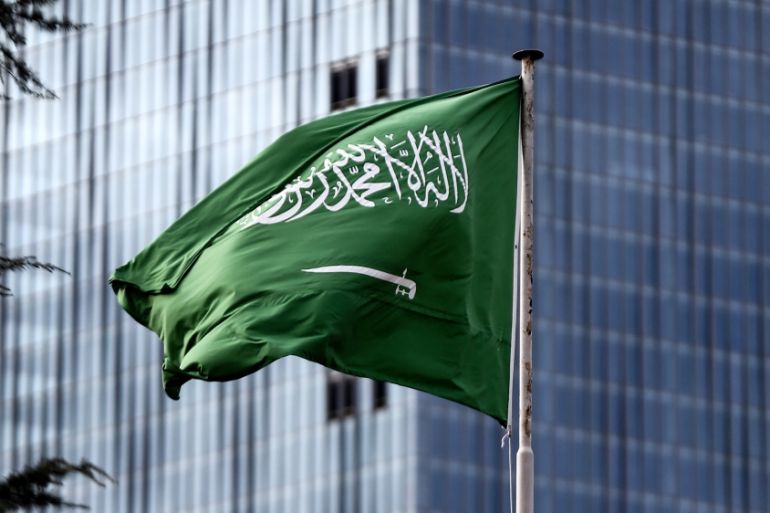Executed Saudi men confessed under duress: Report
Court documents obtained by CNN reveal many of the 37 men executed maintained their innocence until their last breath.

Dozens of Saudi Arabian nationals executed by Riyadh on Tuesday claimed to have been tortured into making false confessions, trial documents obtained by CNN revealed.
Saudi authorities said the 37 individuals were found guilty of attacking security installations with explosives, killing a number of security officers and cooperating with “enemy organisations” against the country’s interests.
Keep reading
list of 4 items‘It feels personal’: Residents fight Melbourne tower block demolition plan
‘Children of the Ganges’ — The boatmen of India’s Varanasi
US senators call on Biden to sanction Sudan’s RSF over human rights abuses
But the revelations on Friday by CNN suggest many of the executed men – who for the most part were members of the country’s marginalised Shia minority – maintained their innocence until their dying breath.
One of the prisoners, Mohammed al-Musallam, told the court he had suffered multiple injuries while being interrogated by security forces.
“Nothing in these confessions is correct and I cannot prove that I was forced to do it,” al-Musallam said, according to documents.
“But there are medical reports from the prison hospital of Dammam and I ask your honour to summon them. They show the effect of torture on my body.”
Munir al-Adam, a 27-year-old who was partially blind and deaf, denied confessing to any of the charges levied against him.
“Those aren’t my words,” said al-Adam. “I didn’t write a letter. This is a defamation written by the interrogator with his own hand.”
Mujtaba al-Sweikat, who was 17 at the time of his arrest in 2012, had only twice participated in the protests and only for five minutes each time, argued his father, Nader al-Sweikat, in court.
“He was subjected to psychological and physical abuse which drained his strength,” Nader al-Sweikat said, according to court documents.
“The interrogator dictated the confession to Sweikat and forced him to sign it so that the torture would stop. He signed it.”
Sweikat was preparing to travel to the United States where he had been admitted to the Western Michigan University when he was stopped at the airport and put in solitary confinement for 90 days.
Court documents said al-Sweikat had confessed to throwing petrol bombs at security personnel and organising demonstrations through a chat group on his Blackberry smartphone.
The state executions came a day after the Islamic State of Iraq and the Levant (ISIL or ISIS) said it was behind an attack on Sunday on a Saudi security building in the town of Zulfi. In that attack, all four gunmen were killed and three security officers were wounded.
At least one of the men’s bodies was publicly hung from a pole for several hours in a process that is not frequently used by the kingdom and has sparked controversy for its grisly display.
On Friday, the US government commission on religious freedom urged action against Saudi Arabia after it emerged that Abdulkarim al-Hawaj, one of the 37 men executed, was only 16 when he was charged.
The UN human rights chief had a few days earlier condemned the mass executions as “particularly abhorrent” in that “at least three of those killed were minors at the time of their sentencing”.
New York-based Human Rights Watch (HRW) said at least 33 of the 37 men put to death were Shia, describing the event as “the largest mass executions of Shia in the history of Saudi Arabia since the 1900s”.
According to a count based on official data released by the official SPA news agency, at least 100 people have been executed in Saudi Arabia since the beginning of the year.
Last year, the oil-rich Gulf state carried out the death sentences of 149 people, according to Amnesty International, which said only Iran was known to have executed more people.